NRF 2019 Review of Frictionless Stores
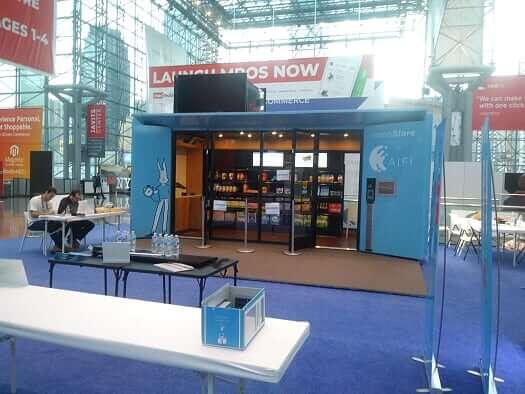
One common theme at NRF 2019 was the presence of "Frictionless Stores".
These are stores where you log-in with your phone at the entrance and simply walk in and grab products to your delight and leave while the store has magically added all the items you grabbed and deducted the ones you put back.
Most of the technology on display worked very well in this controlled environment with a limited set of larger products.
The most interesting aspect is that leaders of the "Amazon Go clones" are starting to emerge and are selling their solutions instead of rolling out their own grocery stores.

One such leader is Cloud Pick, a Chinese company based in Shanghai (where else?). Cloud Pick was founded in 2017 and already counts both Alibaba and JD.com as customers on a list of circa 10 customers. All in all, the company has 30 deployments in China (mainland) and are in the process of opening overseas as well. When we spoke with the team there were no European plans, but this may change fast.Backers include Intel Capital (the system runs on a lot of Intel hard and software) and JD.com.

Cloud Pick was also the most readily available and commercial supplier of cashierless/frictionless/etc. stores.
Most other frictionless stores on show at NRF 2019 were more or less concepts or at various stages of development. Among these were Toshiba, Ai-Fi, Cisco, Solu-M and Zippin.
Ai-Fi is a young startup and exhibited in the middle of the hall by way of demoing their frictionless store (hut) to visitors.The company has managed to build an impressive product and have also created IP for its shelf sensors.

Zippin has collated a number of technologies into its frictionless store.

AI may be the future or retailing. However, as seen in Zipper's case it may recognise a person's elbows as packets of Cheerios. Nothing wrong with that, but...

Toshiba, a global vendor of in-store hardware and software have developed a number of technologies which can be used in a frictionless store. Their umbrella demonstration was good, but the demo store lacked the confidence of being able to roll-out next month and may require further product development before being commercially available. Perhaps Toshiba is simply looking at the long game... On another note, Toshiba released a middleware layer in 2018 to enable its legacy installations to talk to more modern software.

Cisco's attempt "Stop Shop & Go" was not so much a demonstration of a frictonless store, but rather of its other capabilities. Note that we did not talk to anyone from Cisco (time constraints) so cannot say for sure what was or was not involved, but on the surface the store lacked cameras and 3D sensors... (yes, there are a couple of CCTV cameras).

Solu-M is a spin-off from Samsung pouring all its efforts into shelf labels. Firstly, in our experience it is rare to find a spin-off from one of the large South Korean chaebols (Lotte, LG, Samsung, Hyundai, etc). Secondly, almost every store in South Korea has these shelf labels, but the rest of the world seems to have missed the opportunity to implement these.


Soul-M's latest shelf labels run on an electrified track so do not require batteries. The labels are also modular - on top of the label in the image above you can see a light sensor attached to the label. This sensor is used to determine stockout by sensing the amount of light reflected from the products. While it is a great idea, if another product is used, the functionality is lost.
The company also provides a payment add-on so anyone in the store can use their card to tap the label to pay for the item. To us this seems a bit of an overkill in the functionality of shelf labels, but we would love to see how it works in a real store - and may even be persuaded of its greatness.
In addition, Caper had produced a "smart cart" where you can add your products 'easily' and the on-board technology will recognise the item, etc. While it seems a noteworthy project, our view of its commercial business case remains to be done. Perhaps the technology can be adapted to other use cases??

"Wonder if its enough with a £1 coin to release one of these machines?"

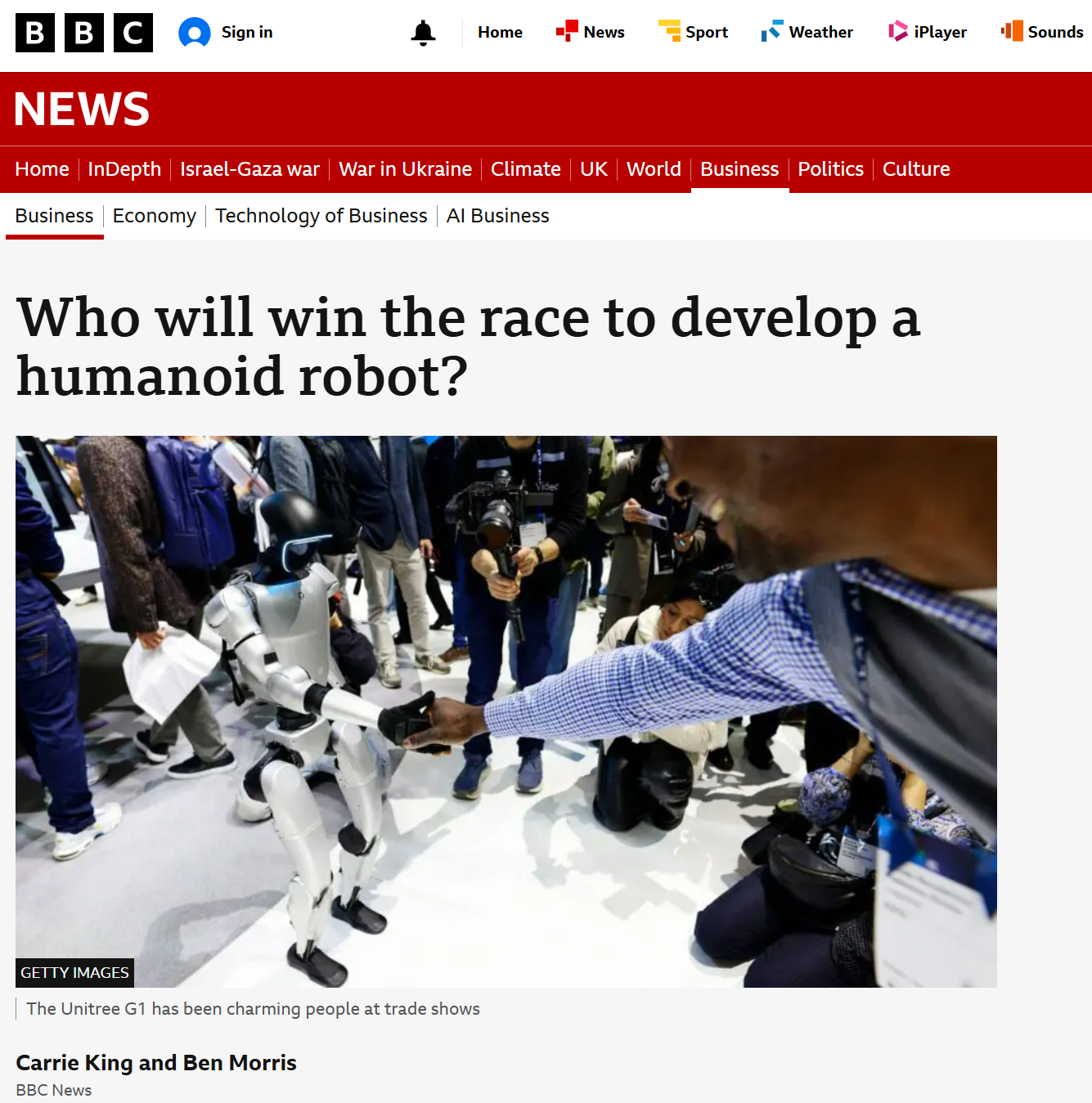
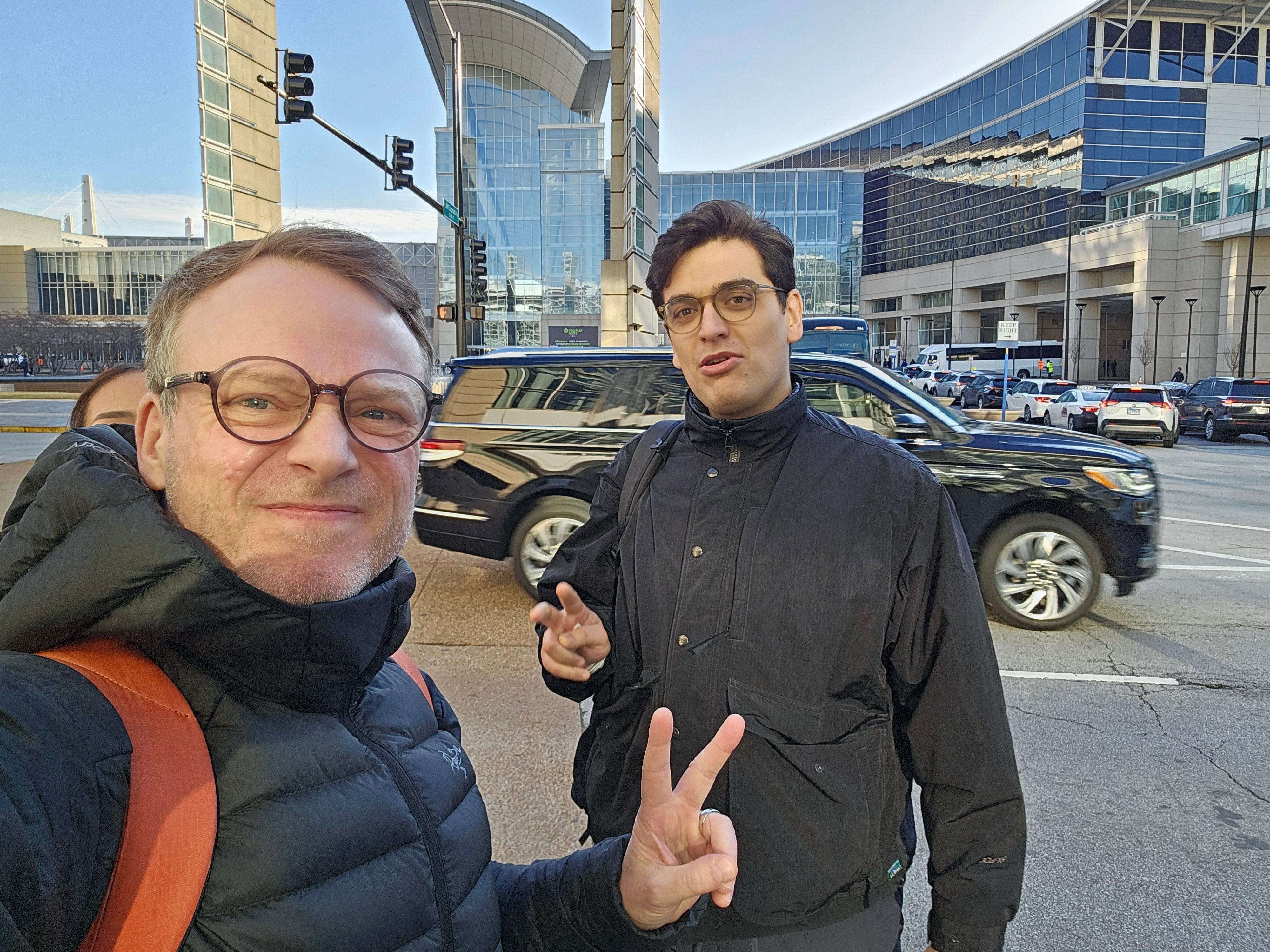
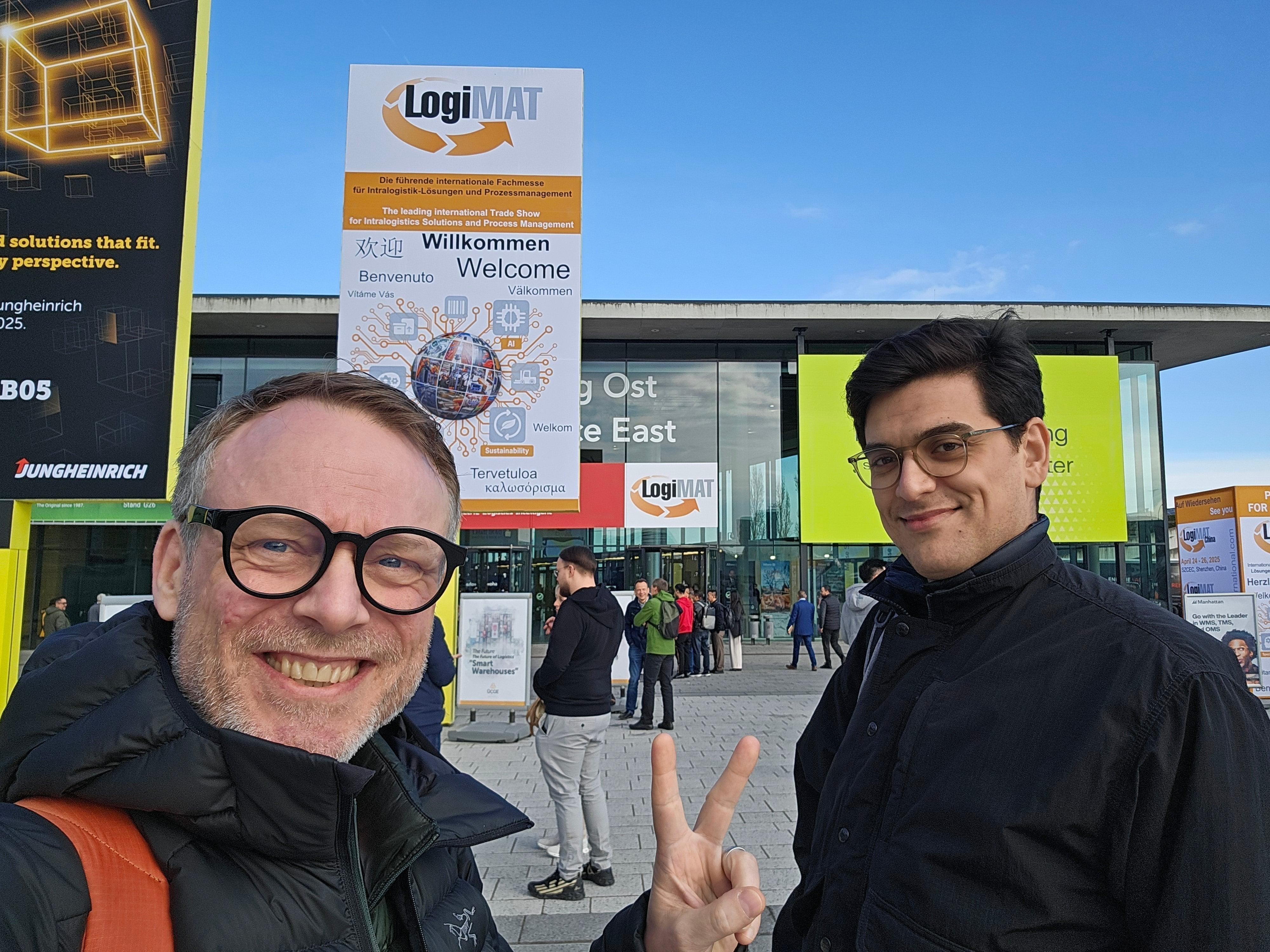
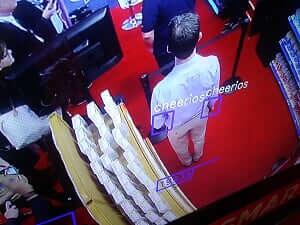

Comments